Affiliated Faculty
This list of affiliated investigators can help you identify potential research mentors at the University of Pittsburgh. PSTP students can, and do, work with mentors not on this list, but the investigators featured below have expressed interest in hosting PSTP students in their laboratories.

The Biodynamics Lab investigates the effects of age, injury, surgery, and rehabilitation on dynamic joint function.

The Billiar Lab focuses on the immune responses to acute systemic stresses of major clinical relevance including trauma and surgical sepsis

The study of the basic mechanisms of apoptosis, as mediated by the caspase apoptotic family in neurologic diseases

Innate and adaptive immune response to transplanted organs and the mechanisms of transplantation tolerance
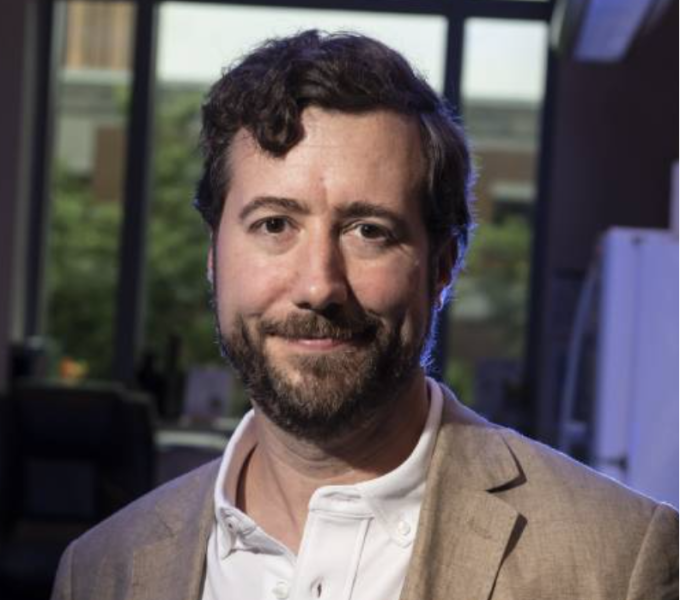
The Lohmueller lab works on developing genetic engineering approaches to augment adoptive cell therapy (ACT) for the treatment of cancer.
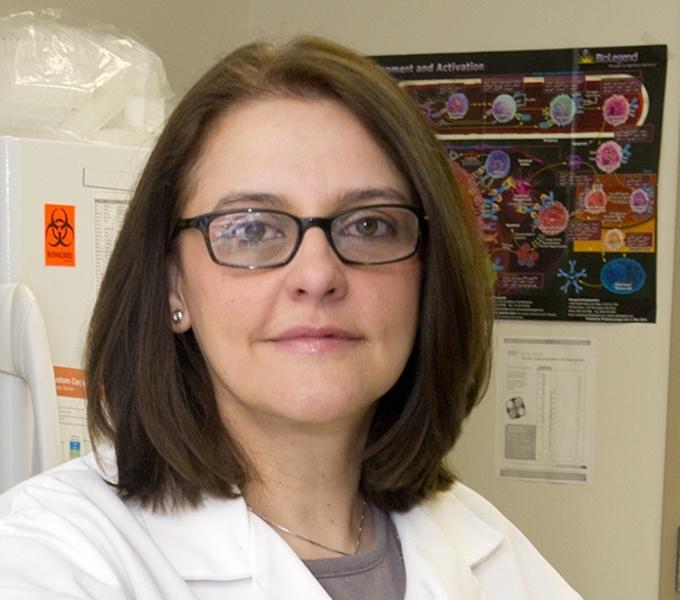
Human immunology: Innate and adaptive immune responses to latent viruses and to allo-antigens after organ transplantation
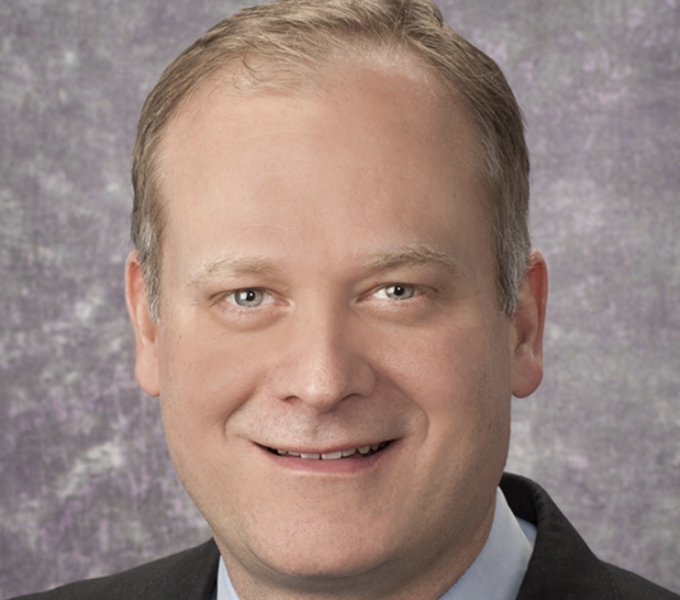
Dr. Mollen's clinical interests include inflammatory bowel disease, thyroid surgery, anorectal malformations, and Hirschsprung’s disease. He is principal investigator of a NIH-funded research program investigating mitochondrial dysfunction during the pathogenesis of inflammatory bowel disease.
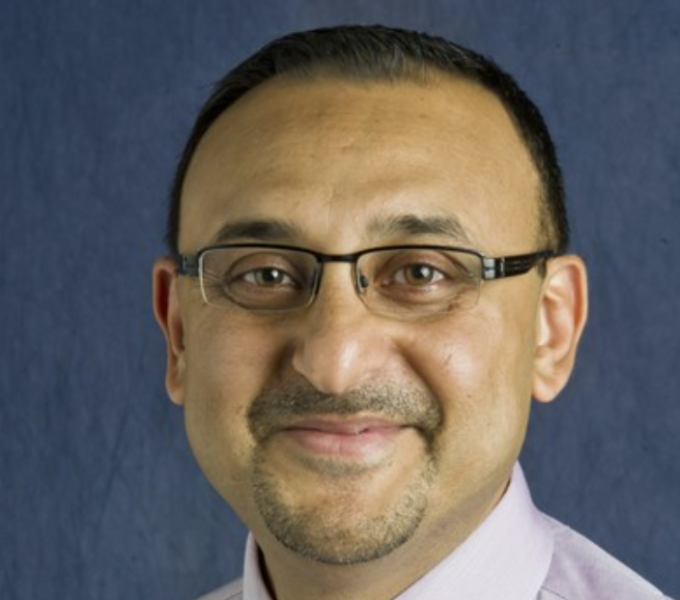
Aimed at elucidating the cellular and molecular mechanisms of liver pathophysiology
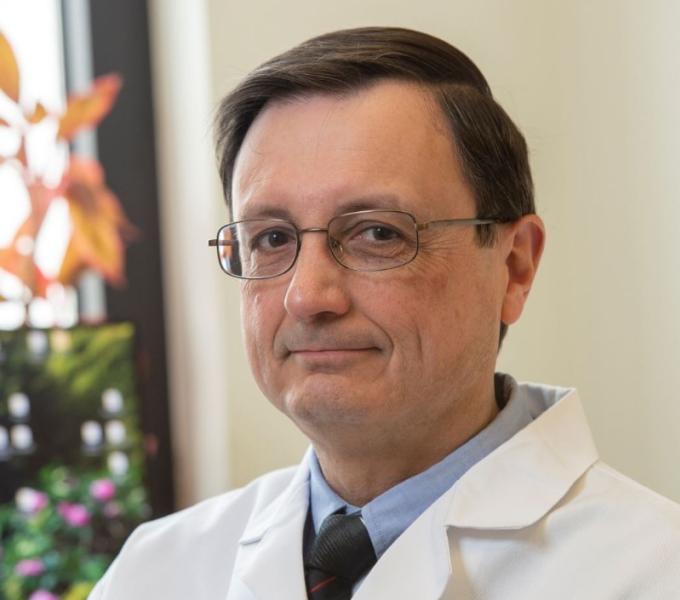
The role of donor- and recipient-derived antigen-presenting cells (i.e. dendritic cells) and extracellular vesicles (i.e. exosomes, microvesicles) during allo-sensitization, graft rejection, and induction of donor-specific immunosuppression / tolerance, following transplantation
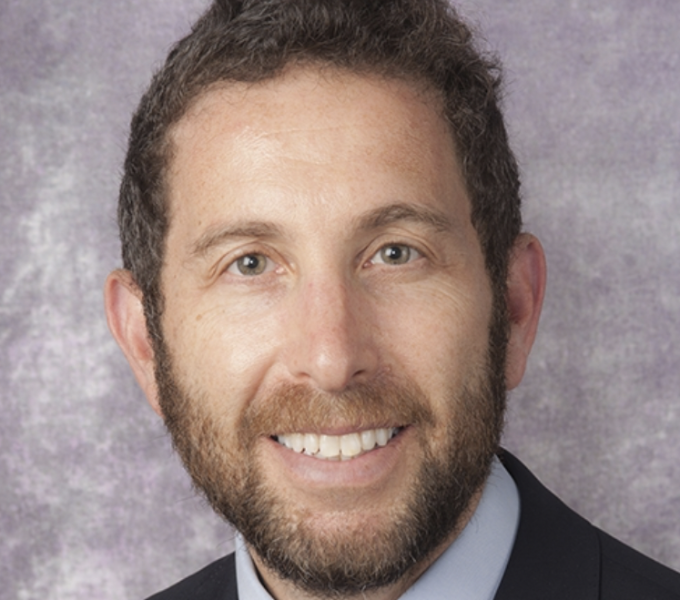
The Morowitz laboratory studies the effects of diet and antibiotics on interactions between the gut microbiome and the immune system.
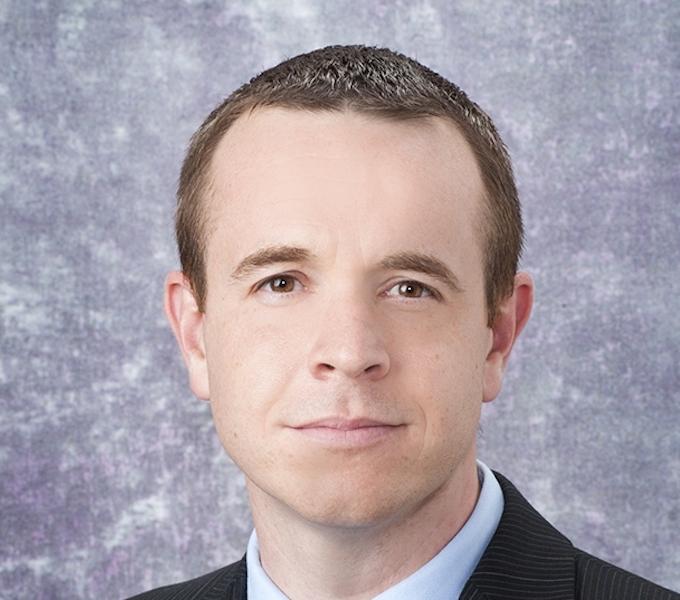
The mechanisms of hemostasis and coagulation following trauma and hemorrhagic shock

Immunoregulation: Focusing on regulatory and inflammatory B cells in transplant and autoimmune models, and their use as biomarkers in transplantation; as well as pathways by which regulatory T cells can be enhanced relative to Teffector cells
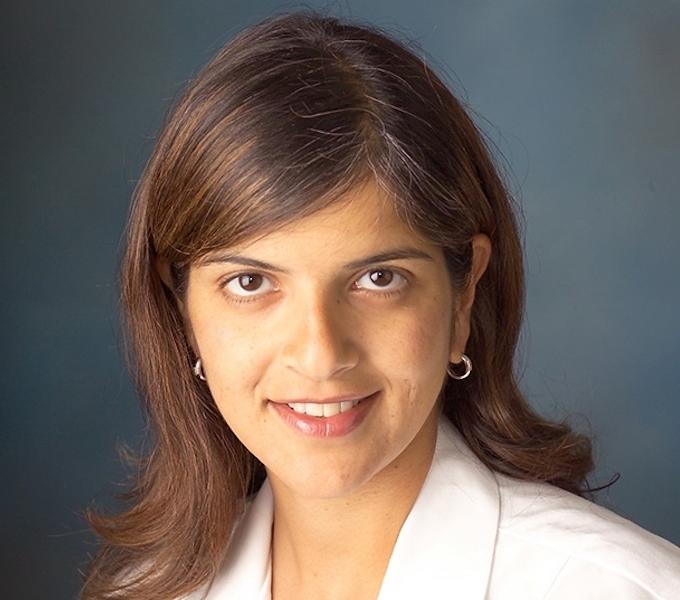
Endogenous danger signals promoting recovery following ischemic muscle injury; Inflammatory biomarkers in patients with venous disease
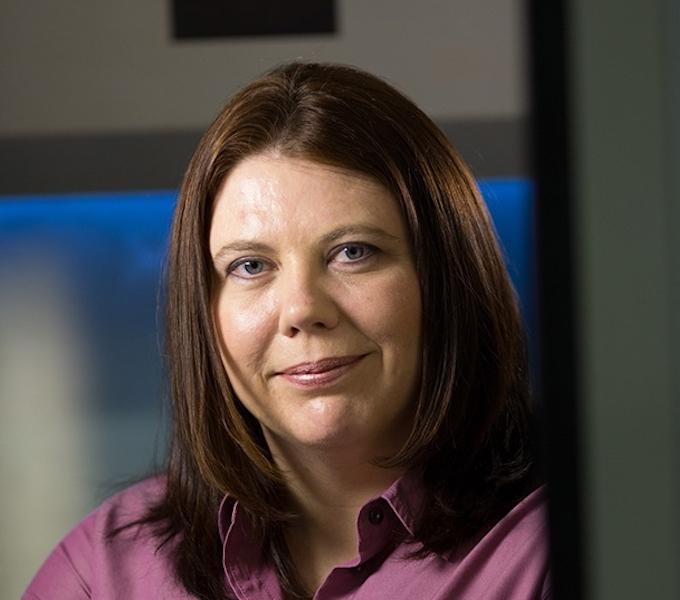
Innate immune responses to sterile injury and infection with a focus on inflammasome activation and immune activation by endogenous danger signals
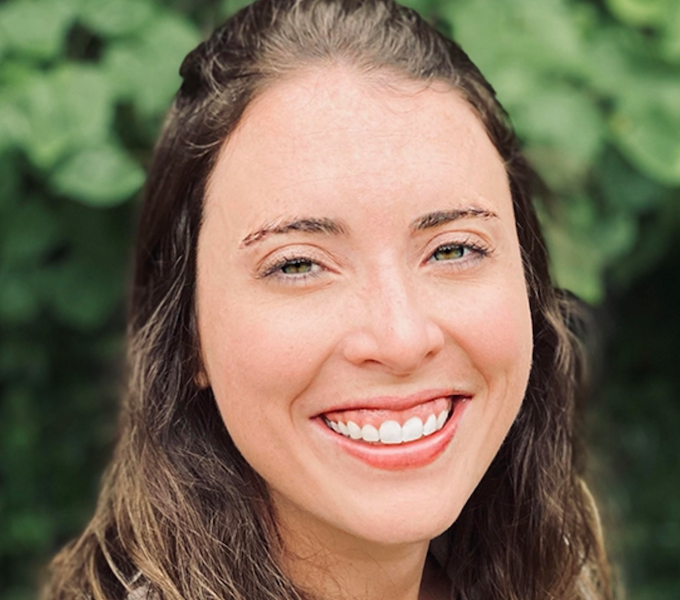
Dr. Shea utilizes microfluidic models and other flow-based assays to study hemostasis in the context of trauma and transfusion medicine. Dr. Shea is also interested in arterial thrombosis and thrombolysis.
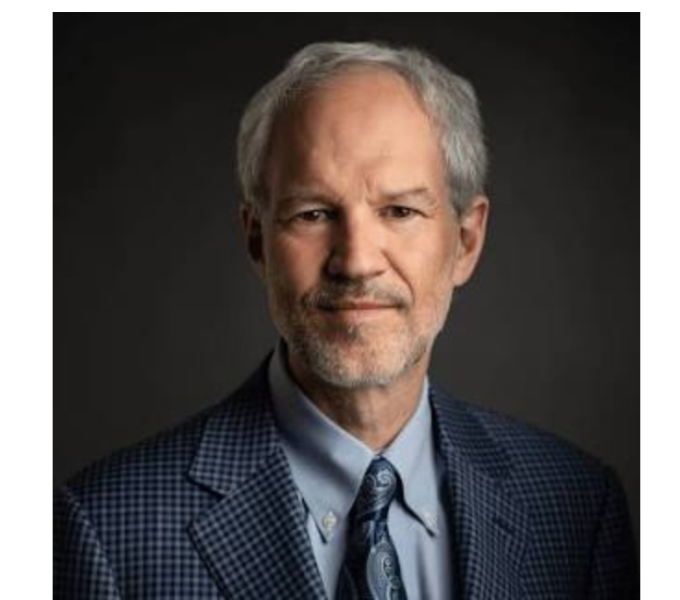
My lab is interested in the establishment of long term B cell immunity and in pathogenesis of systemic autoimmune diseases and graft vs host disease.
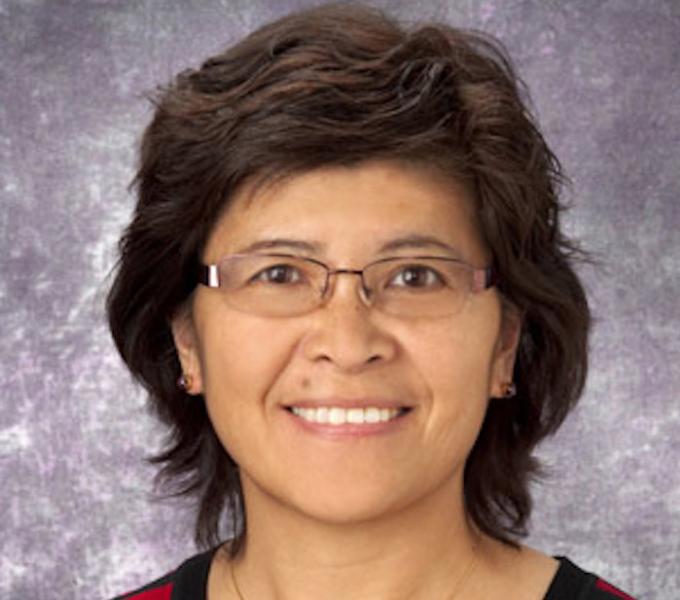
Understanding the role of ion transporter proteins (sodium-potassium-chloride cotransporter, sodium/proton exchanger, and sodium/calcium exchangers) in ionic dysregulation and neurodegeneration associated with stroke and hypoxic ischemic encephalopathy
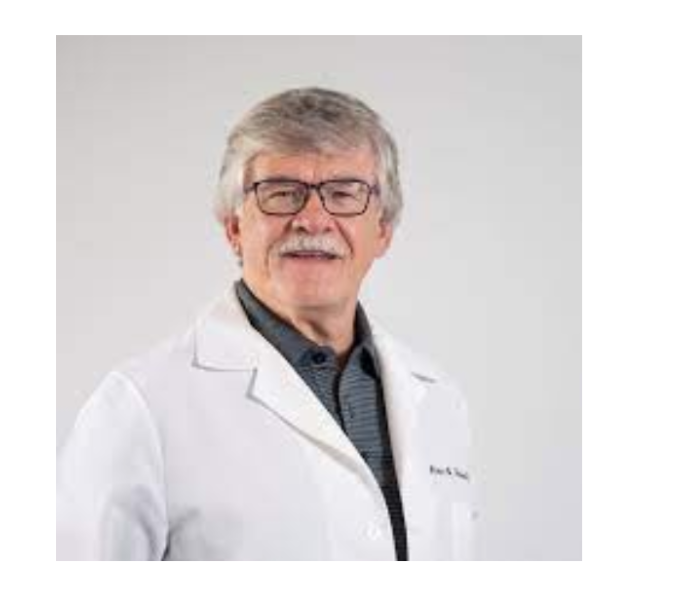
Regulation of the immune response; role of dendritic cells and T cells in tolerance induction; mechanism of action of novel immune suppressants

Clinical applications of nitric oxide and carbon monoxide in the setting of vascular therapies

My long-term research goals are to obtain high-dimensional, dynamic data on the etiology and progression of various inflammatory processes and diseases in samples derived from cells, animals, and people; to create computational models based on these data as well as on key principles of immunology; and to modulate the inflammatory response in an optimal spatial, temporal, and individual- / disease-specific manner.
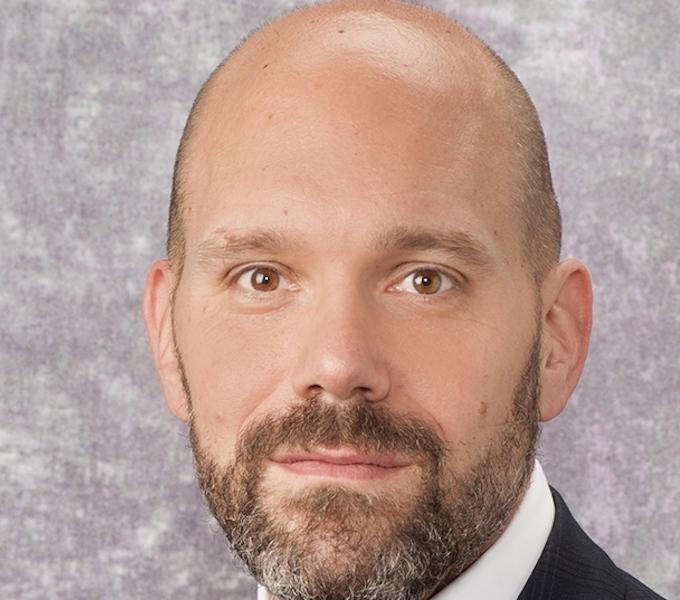
Mitochondrial and metabolic responses to trauma and sepsis ad their influence on inflammation and immunity
